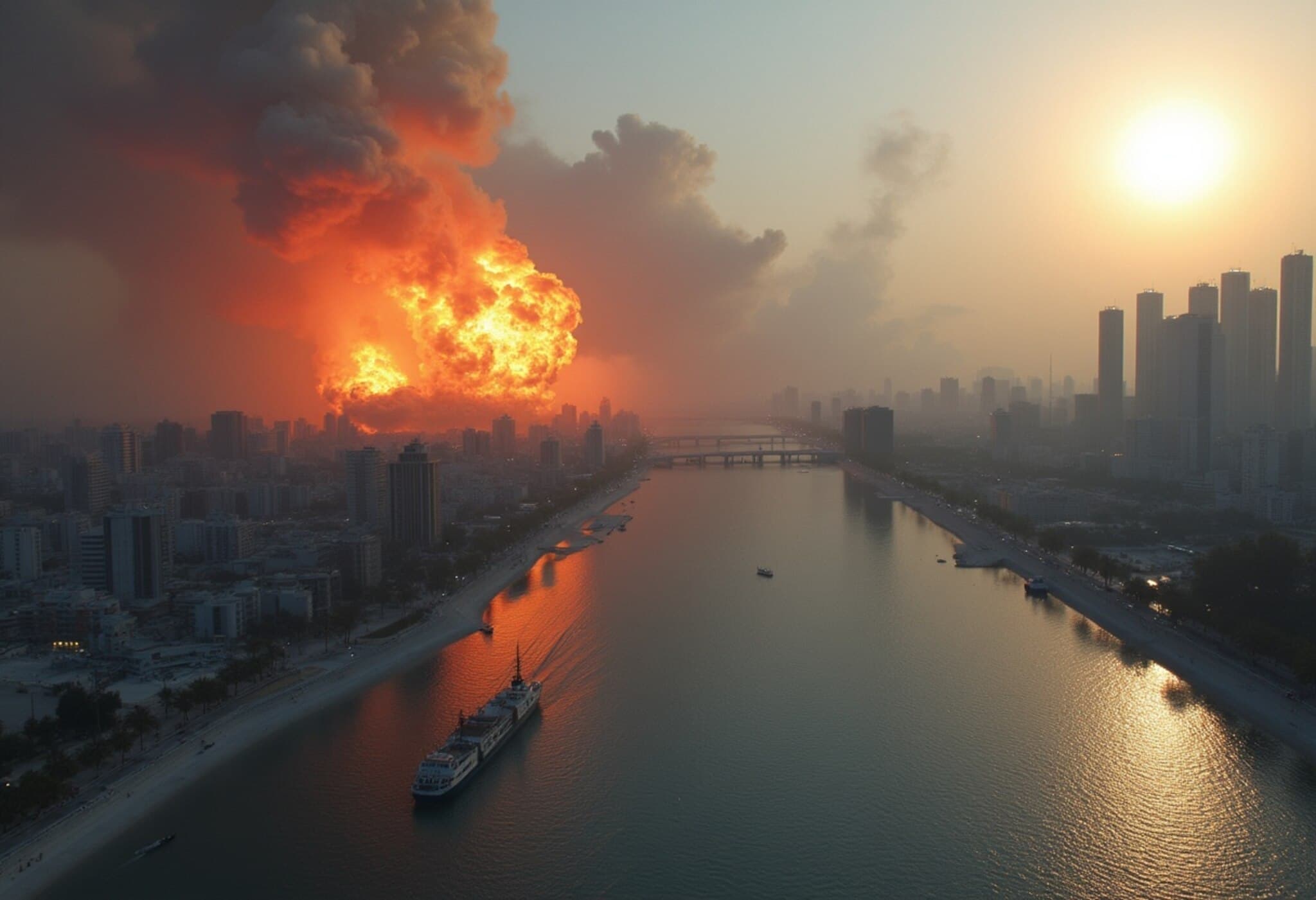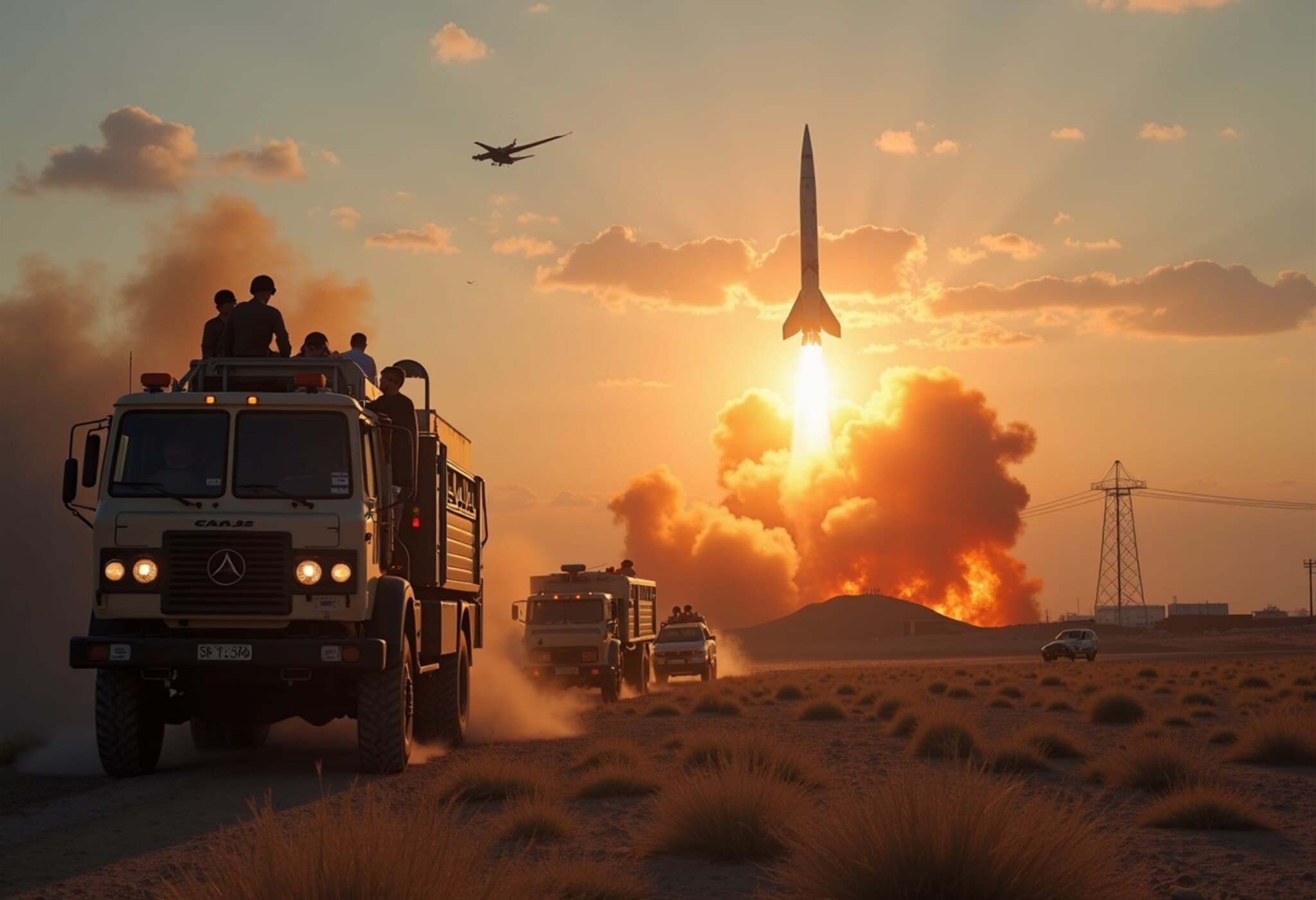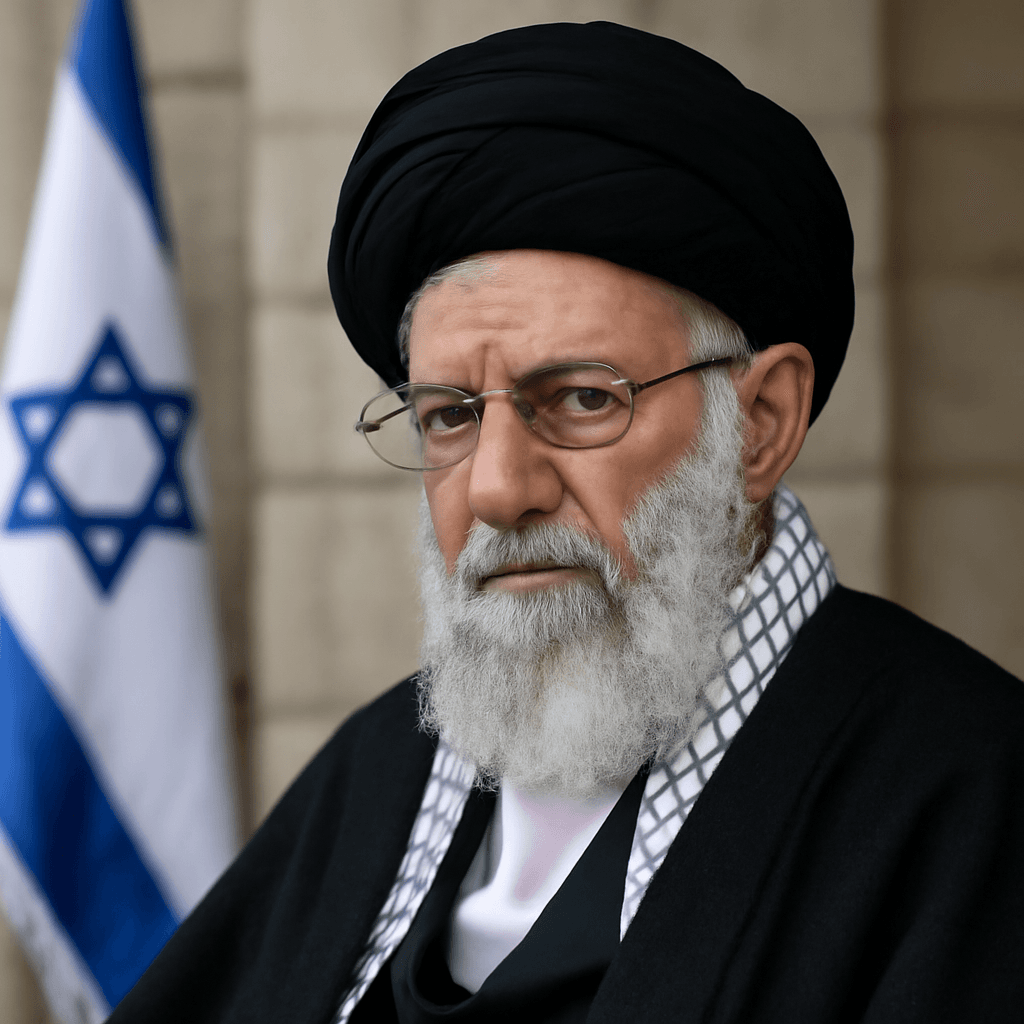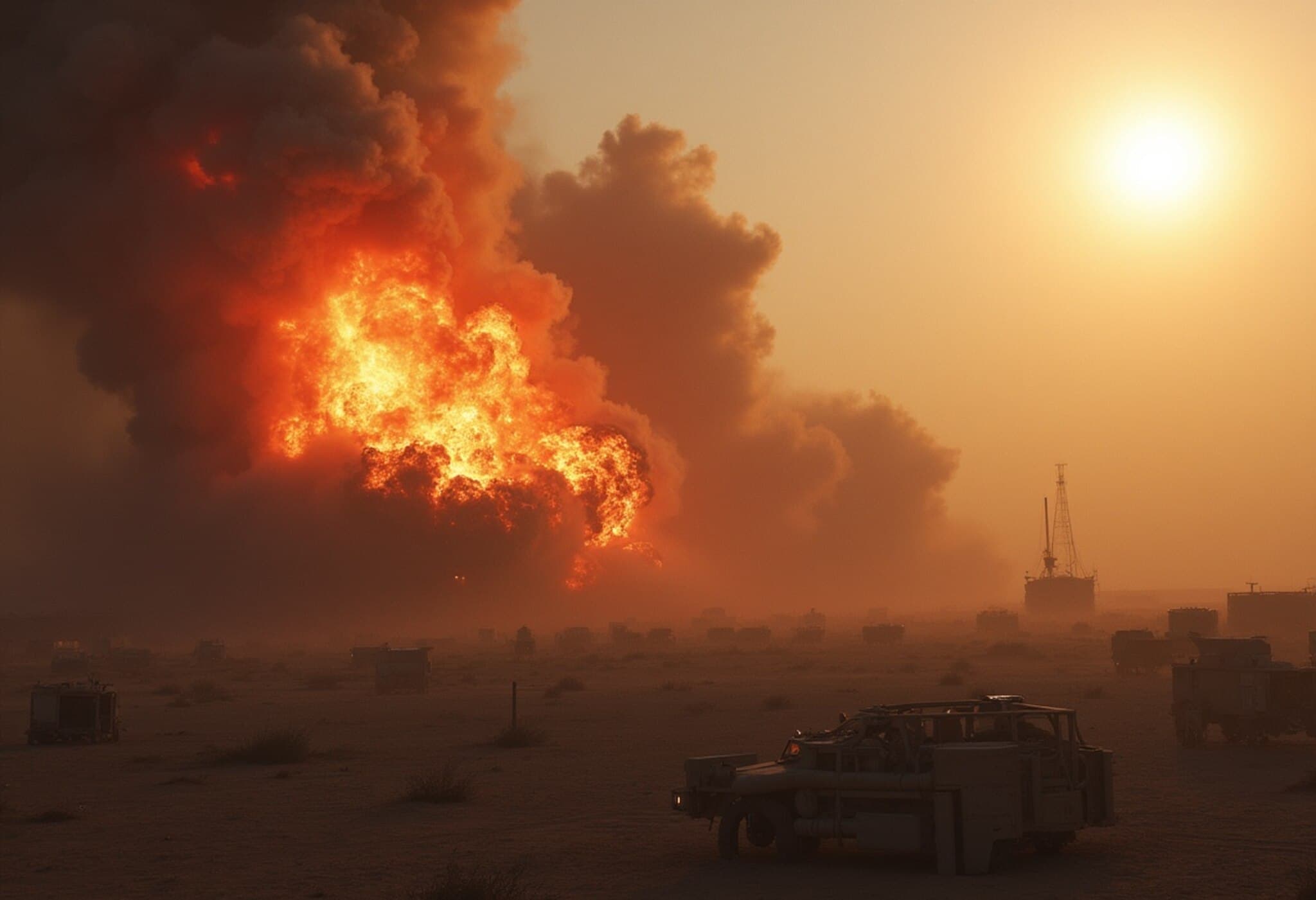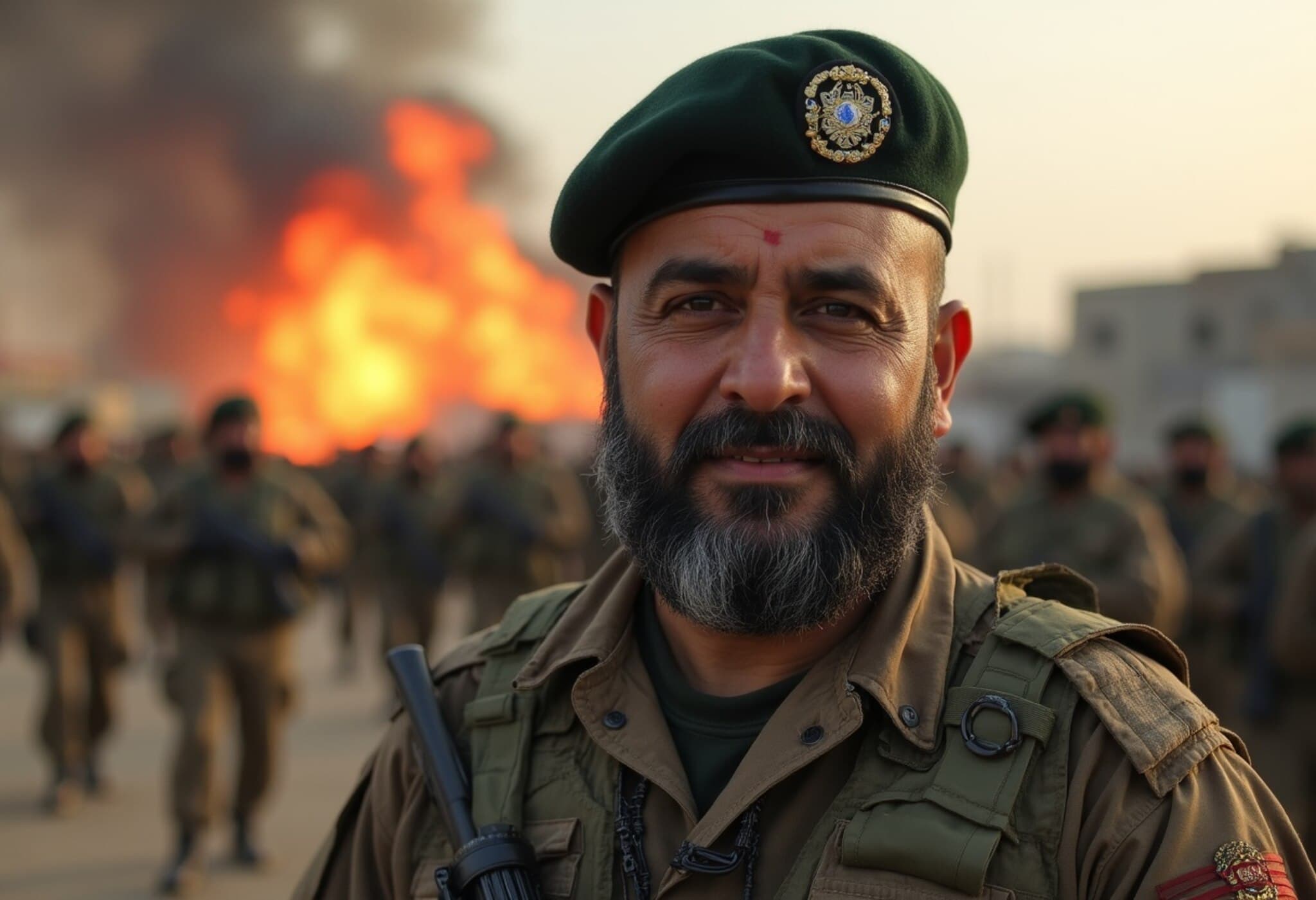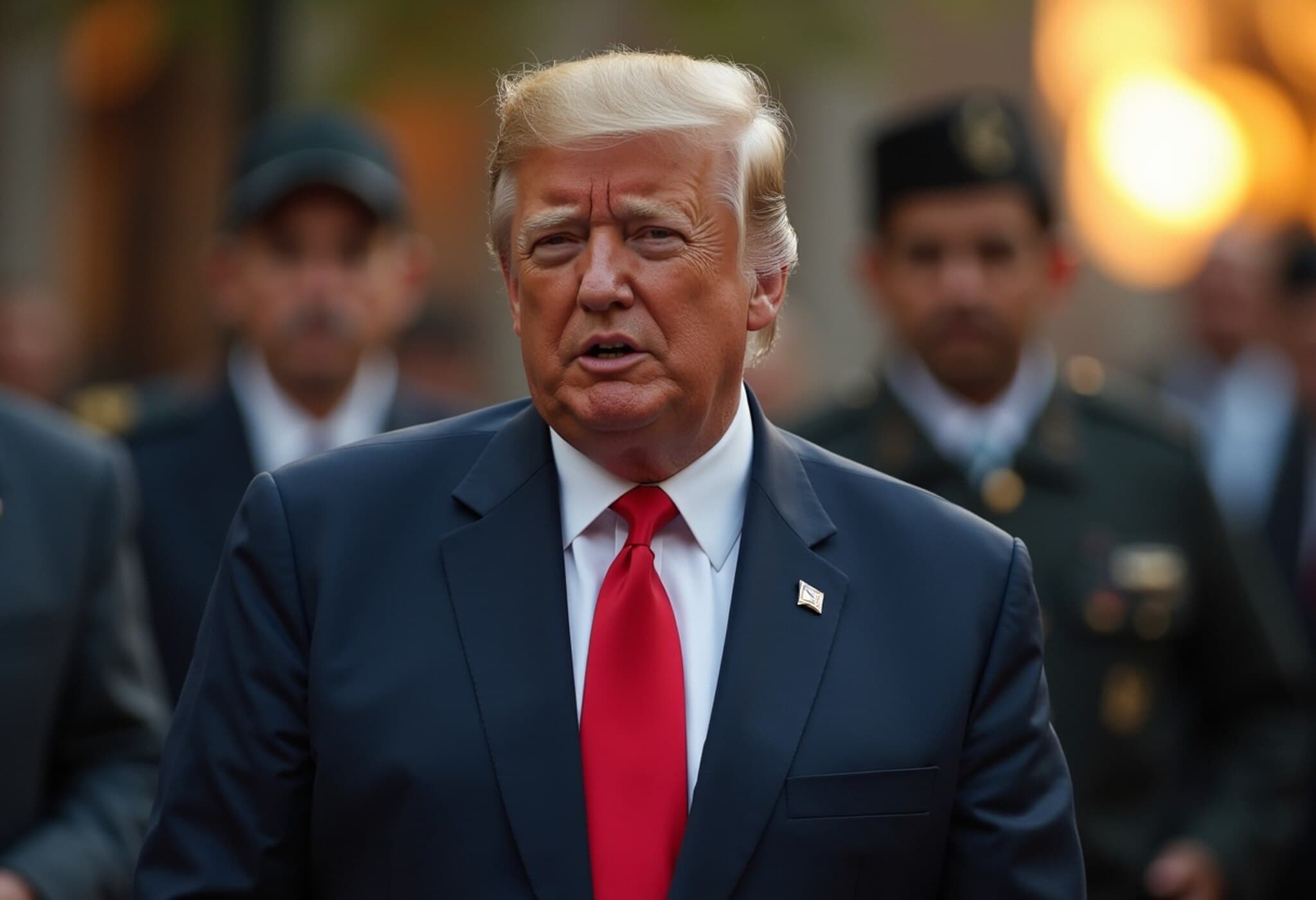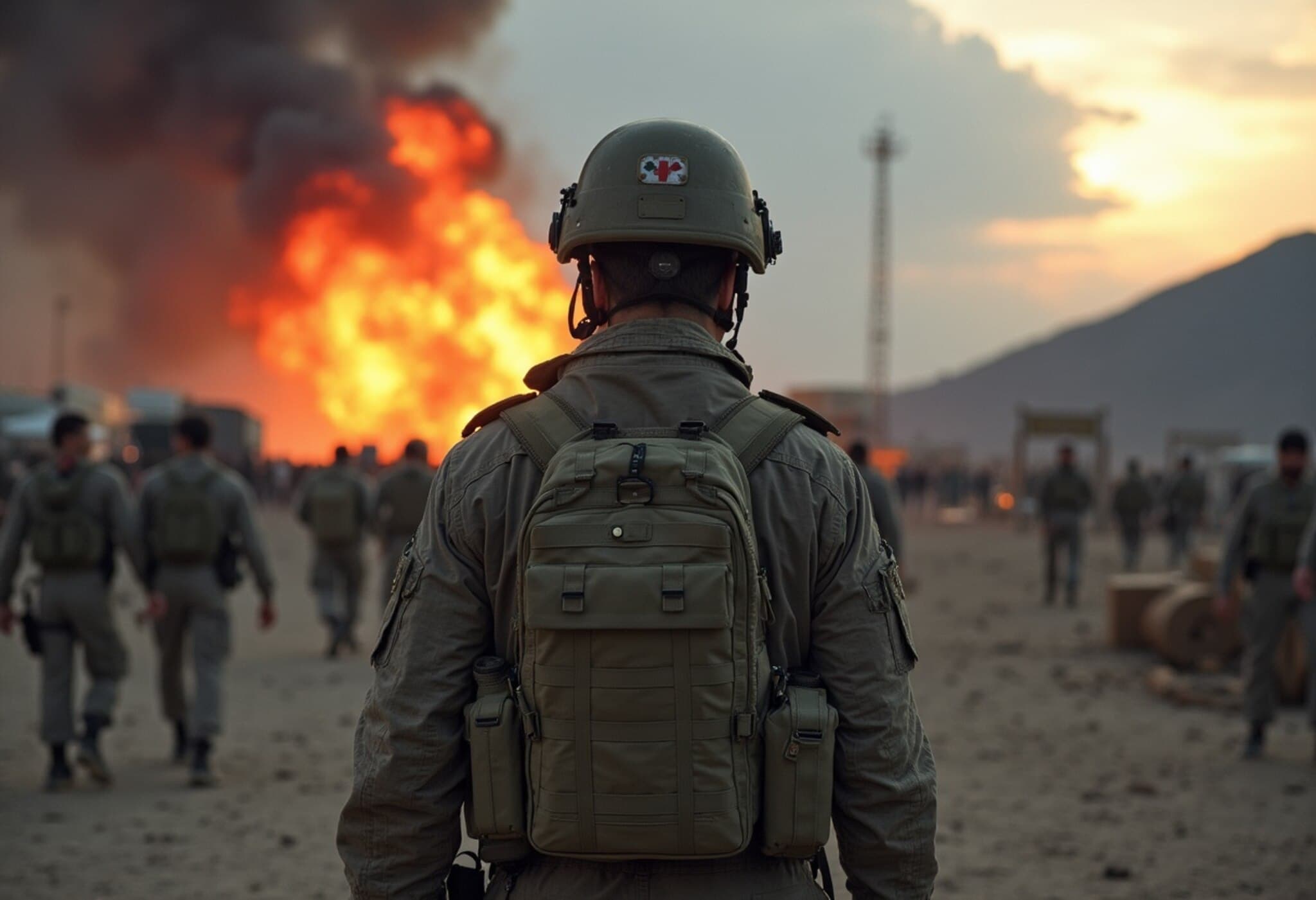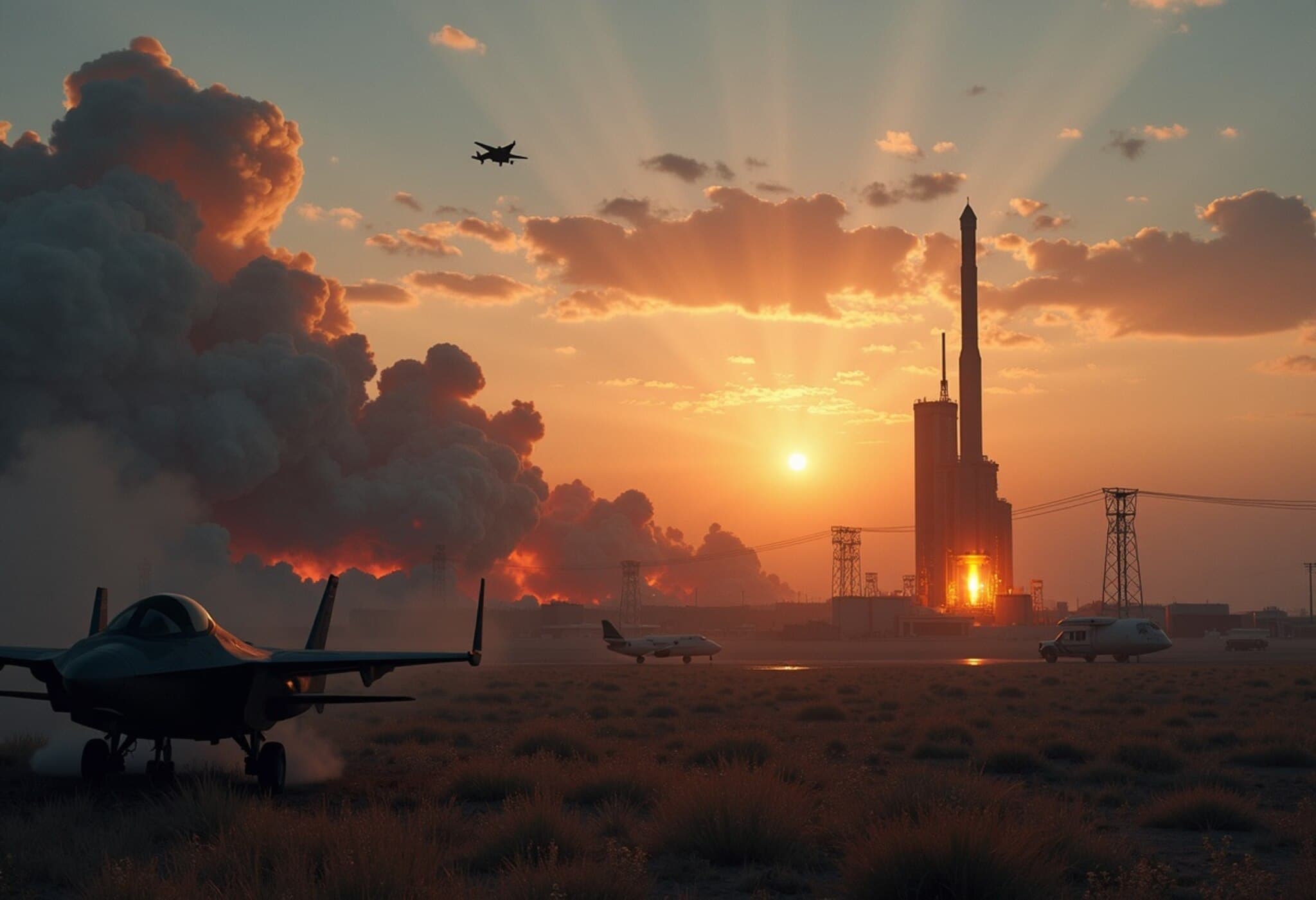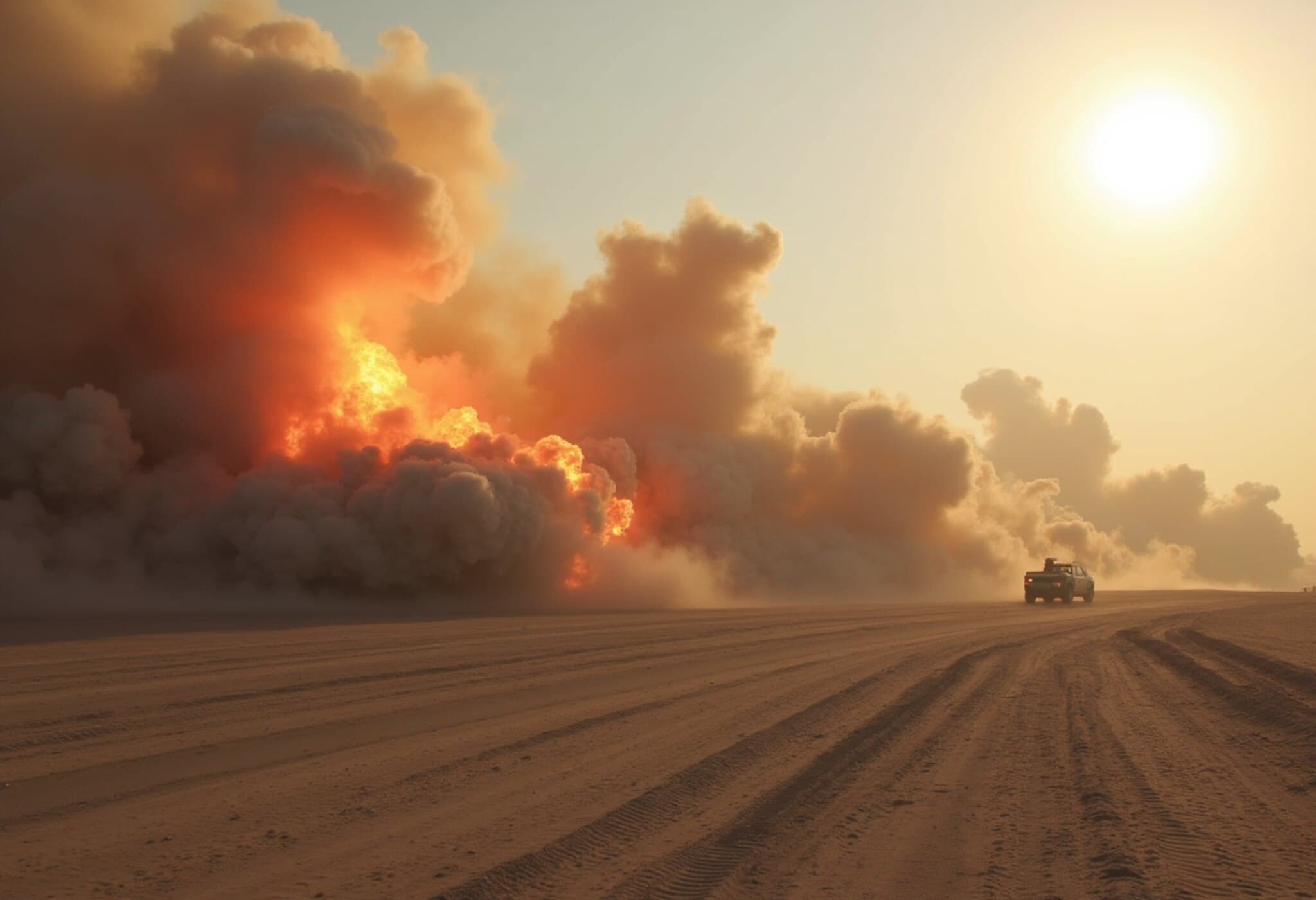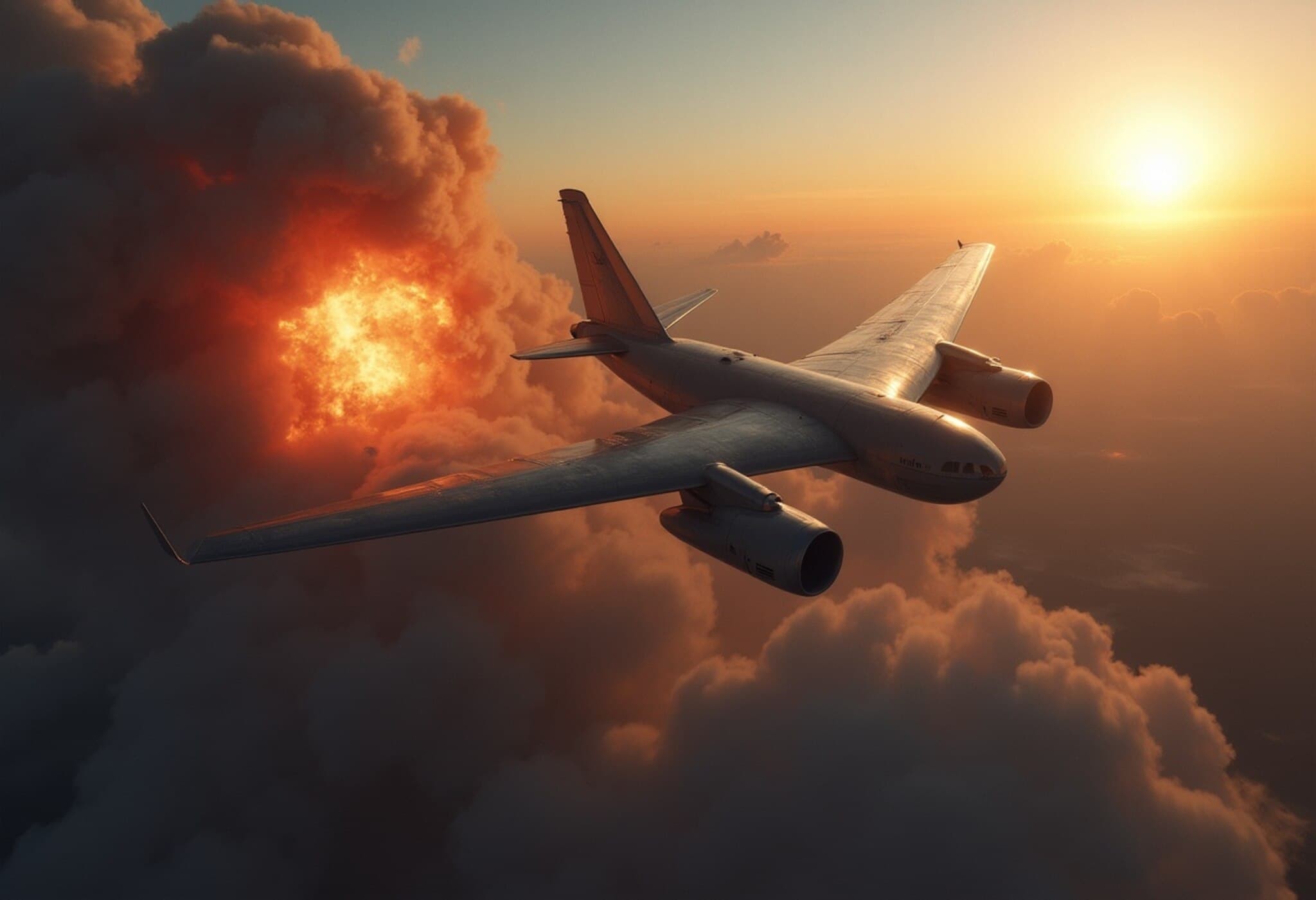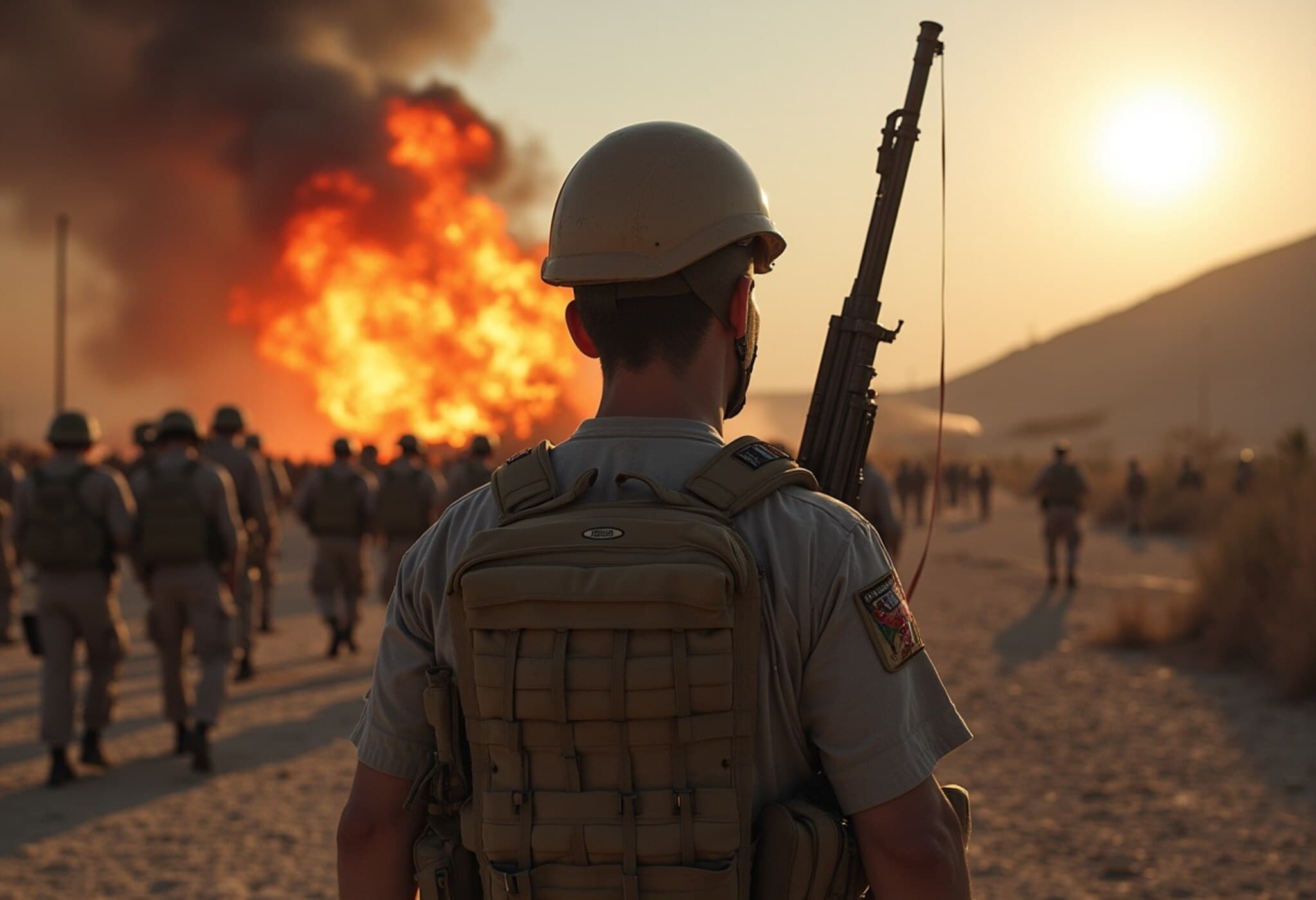Rising Tensions Prompt Precautionary Measures in Bahrain and Kuwait
As conflict between the United States and Iran intensifies, Bahrain and Kuwait—hosts to key US military installations—are taking precautionary steps to prepare for any potential spillover effects in the region.
US Strikes on Iranian Nuclear Sites Escalate Conflict
Late Saturday, US forces launched strikes on Iran's three main nuclear facilities, a move that sharply heightened tensions. The US administration has warned Tehran that further attacks will result in even more severe consequences if negotiations for peace fail.
Warnings From Tehran and Regional Preparedness
Tehran previously indicated that any US attack would likely trigger retaliatory strikes targeting American assets across the region, including military bases. Given this backdrop, Bahrain and Kuwait swiftly moved to bolster security and readiness at home.
Bahrain’s Precautionary Actions
Bahrain, which hosts the US Navy's 5th Fleet headquarters, urged its citizens to limit use of main roads unless necessary, aiming to ensure public safety and give authorities room to respond effectively should an emergency arise.
- The Interior Ministry recommended avoiding major thoroughfares on strategic grounds.
- Approximately 70% of government employees were instructed to work remotely until further notice.
- Authorities activated a national emergency plan and tested warning sirens nationwide.
- 33 designated shelters have been set up across the country to support civil defense objectives.
Kuwait Establishes Shelters and Prepares Government Facilities
Kuwait, hosting several US military bases, responded by setting up shelters within an extensive government ministries complex, which houses vital departments such as Justice and Finance.
- The Finance Ministry confirmed these protective measures in light of emerging threats.
- These shelters aim to offer refuge and ensure continuity of government operations in a crisis.
Regional Outlook Amid Persistent Uncertainty
With US-Iran tensions showing no sign of abating, Bahrain and Kuwait’s swift precautionary actions reflect broader apprehensions. Both countries remain vigilant as they navigate potential risks stemming from their strategic locations and close ties to US military operations.

